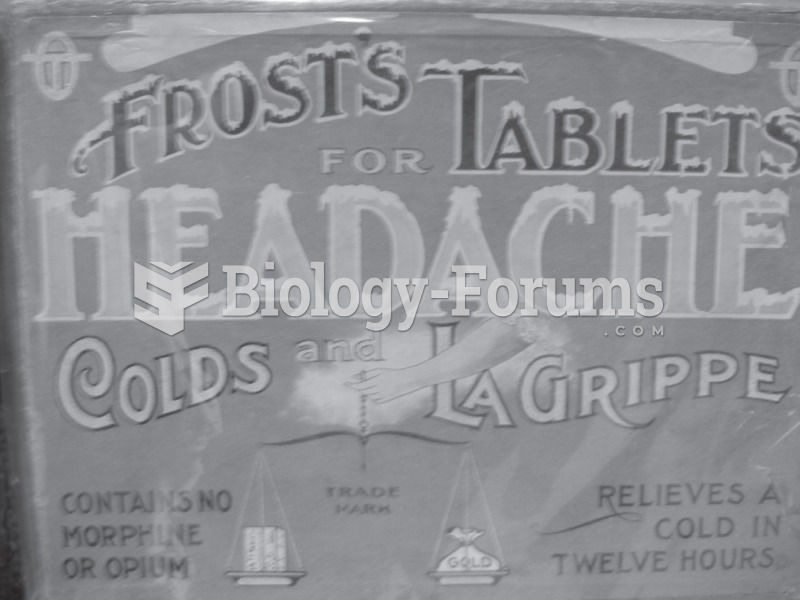|
|
|
Though newer “smart” infusion pumps are increasingly becoming more sophisticated, they cannot prevent all programming and administration errors. Health care professionals that use smart infusion pumps must still practice the rights of medication administration and have other professionals double-check all high-risk infusions.
There are over 65,000 known species of protozoa. About 10,000 species are parasitic.
Approximately one in three babies in the United States is now delivered by cesarean section. The number of cesarean sections in the United States has risen 46% since 1996.
Recent studies have shown that the number of medication errors increases in relation to the number of orders that are verified per pharmacist, per work shift.
Less than one of every three adults with high LDL cholesterol has the condition under control. Only 48.1% with the condition are being treated for it.
 Cortical EEG recorded during epileptic attacks. Notice that each trace is characterized by epileptic ...
Cortical EEG recorded during epileptic attacks. Notice that each trace is characterized by epileptic ...
 Cortical EEG recorded during epileptic attacks. Notice that each trace is characterized by epileptic ...
Cortical EEG recorded during epileptic attacks. Notice that each trace is characterized by epileptic ...





